|
Oh the humanity! When you've made all these plans and you're expecting a joyous, Pinterest-perfect homeschool day...then your sour child comes to the table with an attitude and half...then a crayon breaks and it's the Third World War.
We've all had those days. I've been known to threaten to send my daughter to public school on a number of occasions. Over the years, though, I've found a few things that work to either prevent or turn around difficult homeschool days. Structure Some children thrive on a loose schedule; they enjoy the freedom this allows and the ability to study what they want, when they want. Other children require structure: a set lineup of the same subjects that doesn't change. If you confuse these two, often, a child will protest [loudly] -- a younger child won't know why he is arguing, and an older one will just refuse to work. Figure out what your child needs and do that -- even if it's antithetical to what you'd want. Participation Grades Last year, my daughter had many, many bad days and honestly, homeschooling was a chore for both of us. She lacked incentive for doing much of anything. This year, though, I started the schoolyear out by telling her she was going to have "participation grades" every day. If she did her work like it was asked of her, without complaining or whining, she would get a 100 for the day. If she whined, complained, argued, or simply refused to work, her daily participation grade would reflect that. Granted, she's in middle school and can handle this, but still, I'm hopeful it will make a difference. Take Breaks Plowing through subject after subject can hurt retention and cause a kid's eyes to glaze over. Have the child take a good 15-minute break at the end of every three subjects, or a five-minute break after each subject. You'll find that if a child has some down time, retention and attention improve. Today, between spelling and math, my daughter and I went out and shot some hoops at the basketball goal. There's nothing wrong with taking a recess break every now and then. Sometimes, you have seasons in which everything goes wrong. Last year, my mother was diagnosed with cancer in mid-September and died October 1. After that was the memorial service, emptying her apartment, dealing with legal matters...and I had no energy whatsoever for homeschool, or writing, or anything. So we took an extended break. I told Laura, who was dealing with her own grief, to just read if she felt like it. By the time mid-November came, we hopped back on the homeschool horse and starting riding again. We picked back up where we left off and just dealt with it. And you know what? It was okay. We could not handle another thing, and that's the beauty of homeschool. Laura learned more about dealing with the stages of grief and life than anything...and that will carry her in real life more than diagramming sentences ever could. Change Curriculum Sure, you've invested a lot of money in curriculum. But if the child is struggling with it, or the structure of it, your investment has already tanked. Go ahead, get a different curriculum, or use a variety of curricula for subjects. There's no one saying you have to use the same publisher for all your subjects. I used a grammar curriculum once and my child hated it--and so did I. So we bought a simple workbook from a teacher's supply store and used that, and it was fine. But the attitude she had had while doing the original curriculum was horrible--and a good indicator something was wrong. Run Around the House On days in which my daughter is Little Miss Cranky Pants, I tell her to go run around our house five times. Usually, by the third time around, her attitude has changed and she's tired of running around the house. Now, I realize that not everyone can do this, but certainly you can have a child sit in the corner staring at the wall, or something to clear heads. When in doubt, chores are a perfect way to clear heads. If bad attitudes continue, stop academics for three days and have everyone do chores and projects around the house until attitudes change. Count them as life skills. Homeschooling is difficult enough without attitudes, but we as parents can do things to minimize difficult homeschool days. In Christ, Terrie (C) 2021 Terrie McKee ALL RIGHTS RESERVED
1 Comment
9/7/2021 11:43:25 am
These are great suggestions for dealing with difficult homeschool days (or seasons). We all have them, and we have to know we have options! Thank you!
Reply
Leave a Reply. |
AuthorTerrie Bentley McKee is an author and speaker who homeschools her youngest daughter. Married to her husband Greg, they have four children, all of whom have special needs of varying degrees. Terrie is a follower of Jesus Christ and tries to glorify God in all she does. To read more about her testimony, click here. Affiliate LinksHomeschooling One Child is a participant in the Amazon Services LLC Associates Program, an affiliate advertising program designed to provide a means for sites to earn advertising fees by advertising and linking to amazon.com. Check out our YouTube channel!Check out our podcast!Please pin!Archives
January 2024
Categories
All
|
- Home
- Blog
- Podcast
-
Resources
- Teach What is Good Devotional
-
Convention Resources
>
- Homeschooling a Teen with Autism
- Tips on Creating a Disability-Inclusive Church
- How to Teach Your Exceptional Child about Faith
- Homeschooling Preschoolers with Autism
- How to Pick Developmentally Appropriate Curriculum for your Autistic Child
- Overwhelmed
- Homeschooling One Child
- Life Skills Chickens
- Strategies on Homeschooling Kids with Special Needs
- About Us >
- Vlog
- Homeschooling News
- Printables
- Special Needs
- Curriculum
- Encouragement
- Home Management >
- History
- Science
- 25 Days of Advent
- Courses
- Store
(C) 2023 Terrie Bentley McKee ALL RIGHTS RESERVED
- Home
- Blog
- Podcast
-
Resources
- Teach What is Good Devotional
-
Convention Resources
>
- Homeschooling a Teen with Autism
- Tips on Creating a Disability-Inclusive Church
- How to Teach Your Exceptional Child about Faith
- Homeschooling Preschoolers with Autism
- How to Pick Developmentally Appropriate Curriculum for your Autistic Child
- Overwhelmed
- Homeschooling One Child
- Life Skills Chickens
- Strategies on Homeschooling Kids with Special Needs
- About Us >
- Vlog
- Homeschooling News
- Printables
- Special Needs
- Curriculum
- Encouragement
- Home Management >
- History
- Science
- 25 Days of Advent
- Courses
- Store
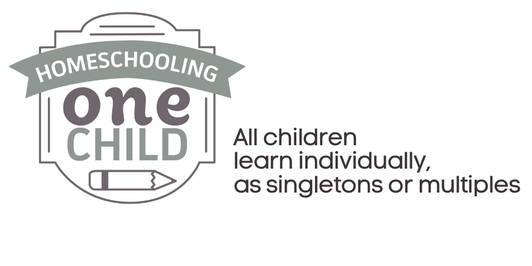
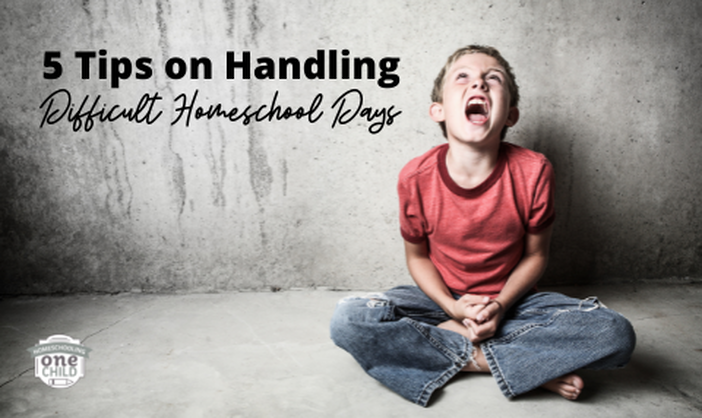


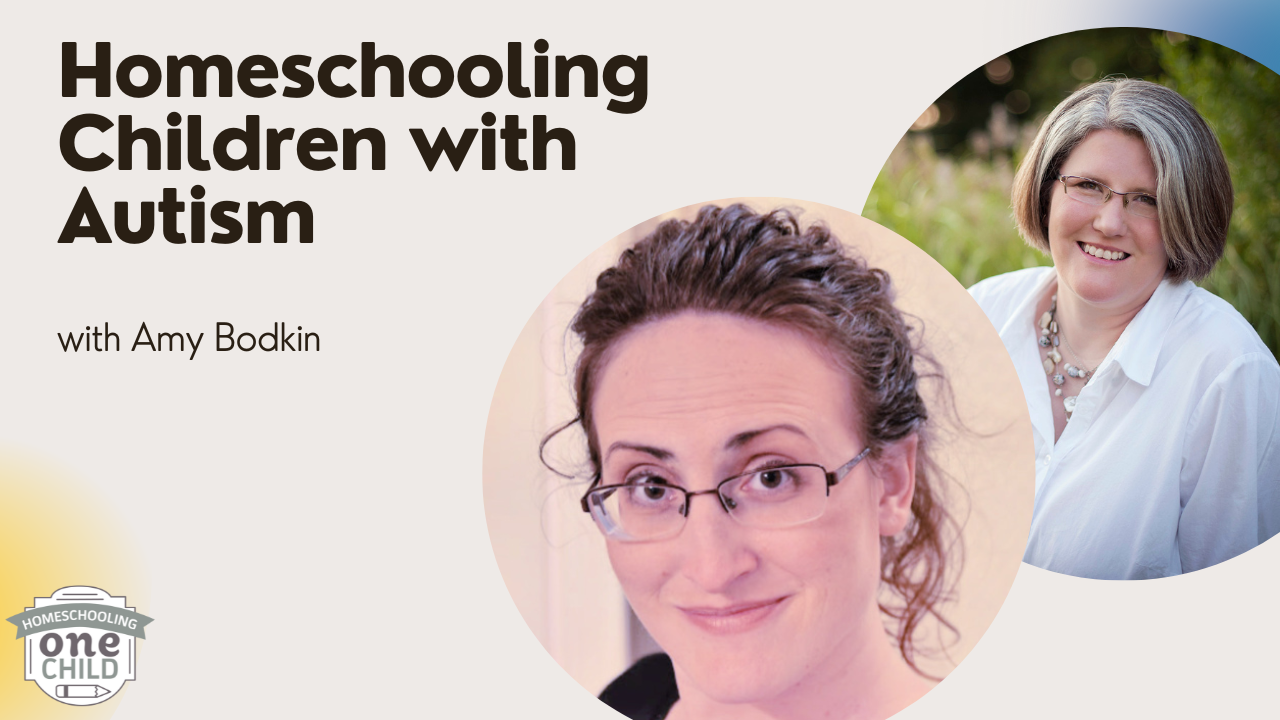


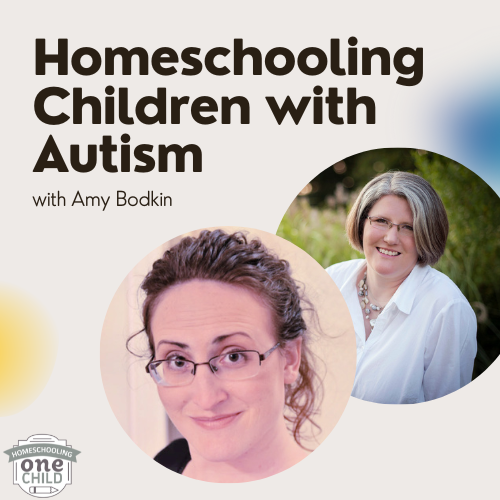
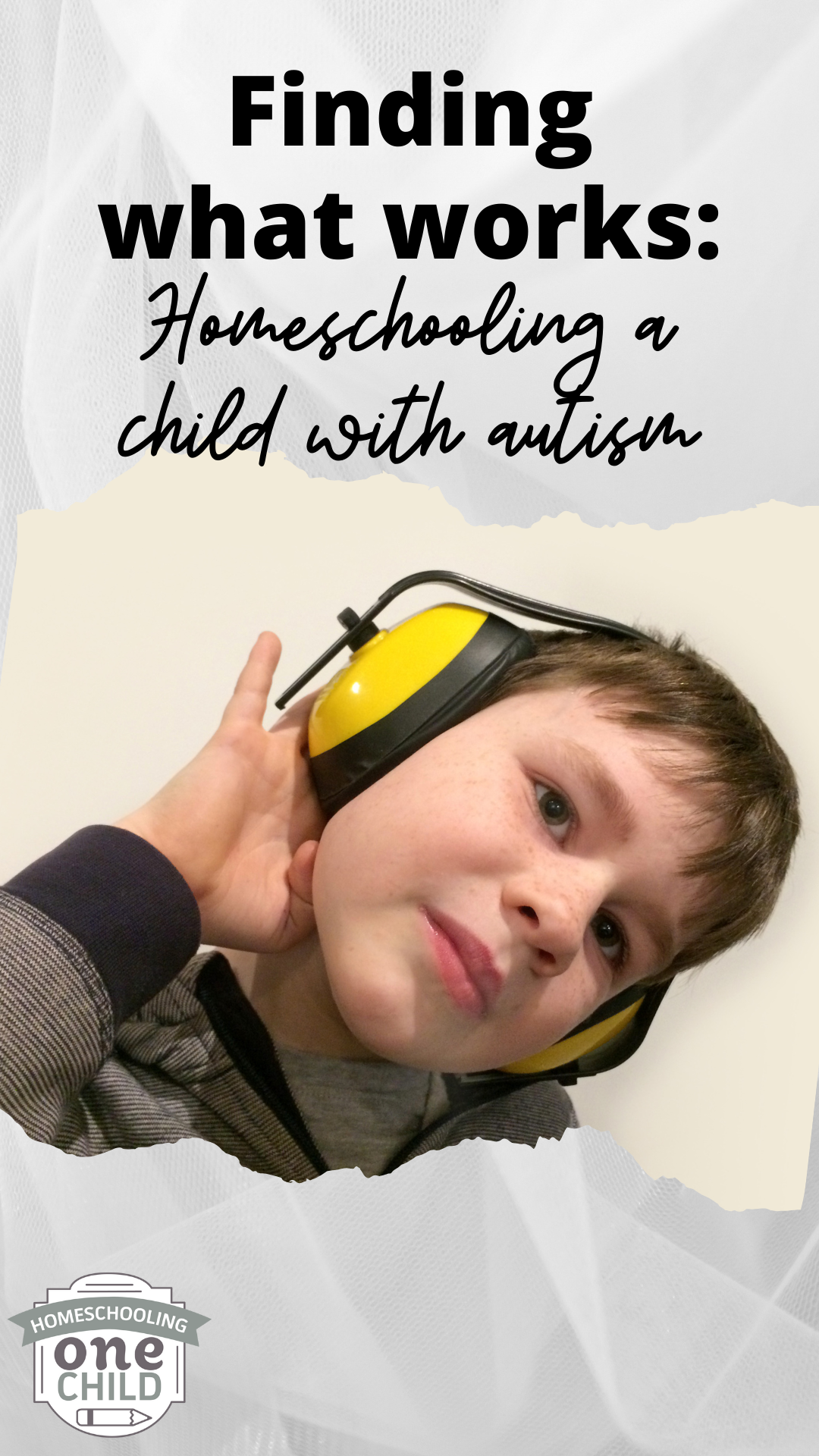
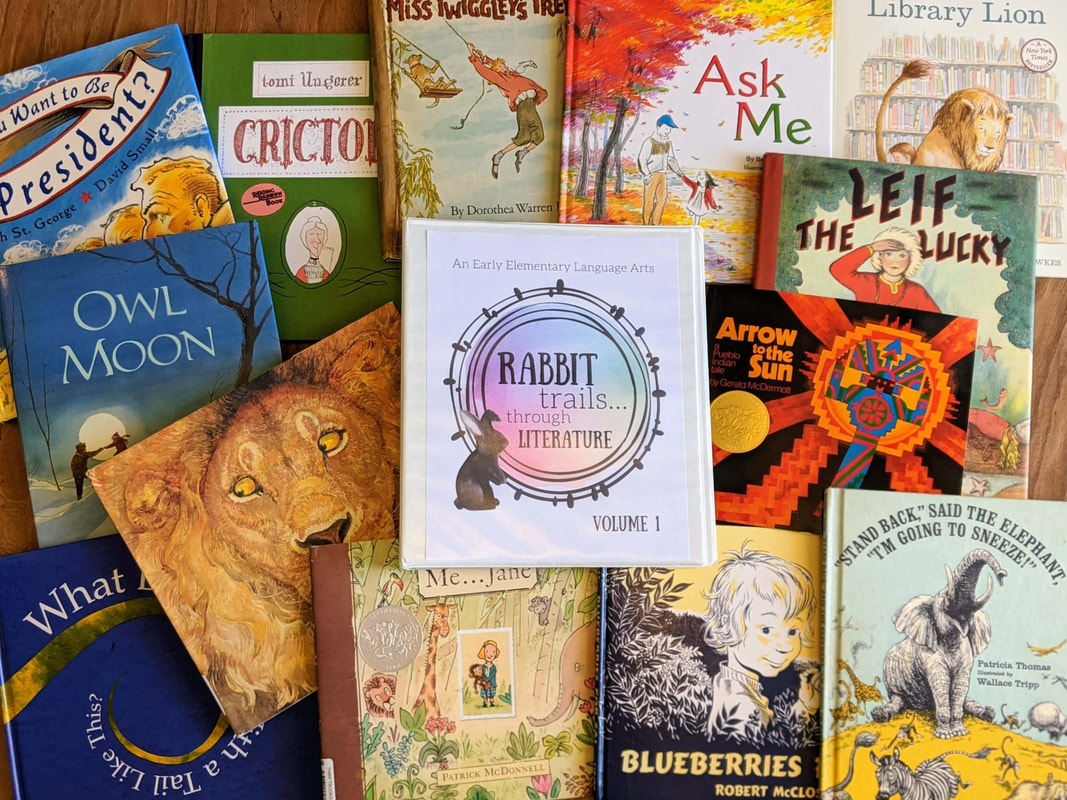
 RSS Feed
RSS Feed
